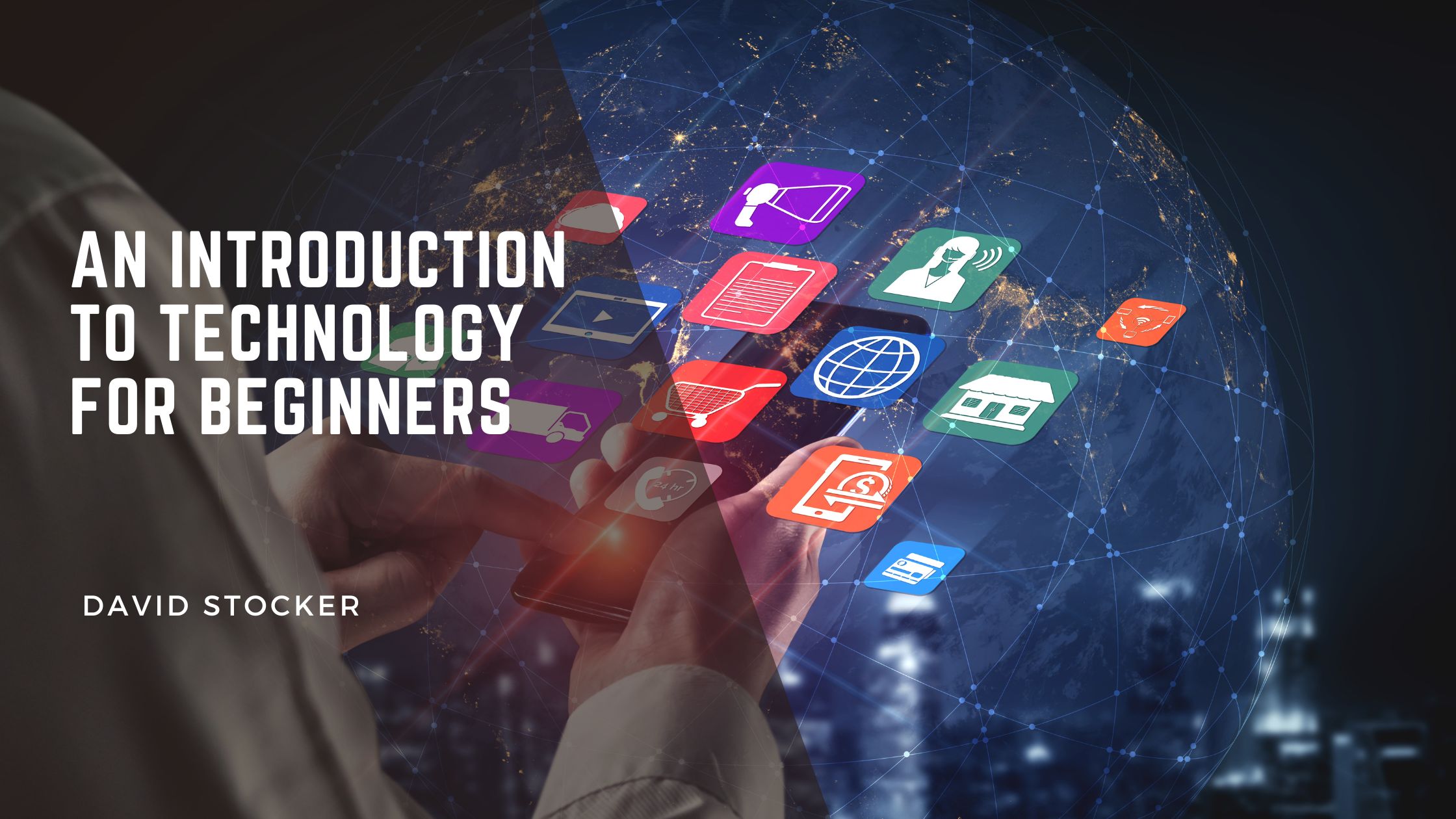In today’s digital age, technology plays an increasingly central role in our lives, shaping how we work, communicate, learn, and interact with the world around us. It can feel overwhelming and intimidating for beginners who are just starting to explore the vast landscape of technology. However, understanding the basics of technology is essential for navigating the modern world and unlocking its countless opportunities. In this blog post, we’ll introduce technology for beginners, covering fundamental concepts, common terminology, and practical tips to help you start your tech journey.
Understanding Technology:
Technology encompasses many tools, systems, and processes designed to solve problems, streamline tasks, and enhance human capabilities. At its core, technology involves the application of scientific knowledge and engineering principles to create practical solutions that improve our lives and society as a whole. From smartphones and computers to the internet and artificial intelligence, technology constantly evolves and reshapes how we live, work, and interact with the world.
Common Terminology:
Before diving into the world of technology, it’s helpful to familiarize yourself with some common terminology:
- Hardware: Refers to the physical components of a computer or electronic device, such as the processor, memory, storage, and peripherals (e.g., keyboard, mouse, monitor).
- Software: Refers to the programs, applications, and operating systems that run on computers and electronic devices, enabling them to perform specific tasks or functions.
- Operating System (OS): The software that manages and controls the basic operations of a computer or device, such as Windows, macOS, iOS, and Android.
- Internet: A global network of interconnected computers and servers that allows users to access information, communicate with others, and share data and resources.
- Cloud Computing: It refers to the delivery of computing services, such as storage, processing power, and applications, over the Internet, allowing users to access resources remotely from anywhere with an Internet connection.
- Cybersecurity: It is the practice of protecting computer systems, networks, and data from unauthorized access, cyberattacks, and other security threats.
Practical Tips for Beginners:
- Start with the Basics: Familiarize yourself with essential devices and tools, such as smartphones, computers, and tablets. Learn how to navigate their interfaces, use basic functions, and troubleshoot common issues.
- Take Advantage of Online Resources: There are countless online resources available to help beginners learn about technology, including tutorials, courses, forums, and blogs. Use these resources to expand your knowledge and skills at your own pace.
- Experiment and Explore: Don’t be afraid to experiment with different devices, applications, and software programs. Explore their features, settings, and capabilities to discover what works best.
- Stay Informed: Stay up-to-date with the latest trends, developments, and technological innovations by following tech news websites, blogs, and social media channels. This will help you stay informed about new emerging technologies and opportunities.
- Ask for Help: When encountering challenges or having questions about technology, don’t hesitate to ask for help or seek guidance from more experienced friends, family members, or professionals. A vast community of tech enthusiasts and experts is willing to offer support and assistance to beginners.
Conclusion:
Technology is a vast and dynamic field that offers endless learning, creativity, and exploration possibilities. By understanding the basics of technology, familiarizing yourself with common terminology, and following practical tips for beginners, you can embark on your tech journey with confidence and curiosity. Whether you’re interested in mastering a new device, learning a programming language, or exploring emerging technologies, the world of technology is waiting for you to discover its wonders and opportunities.

